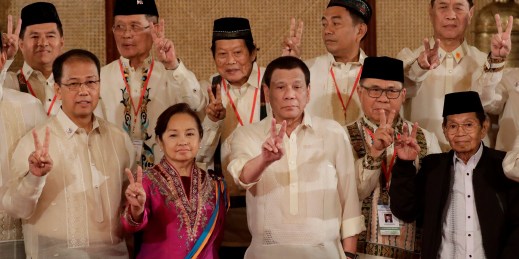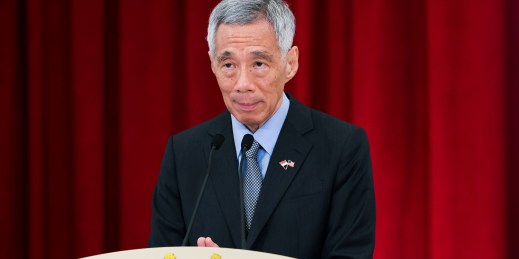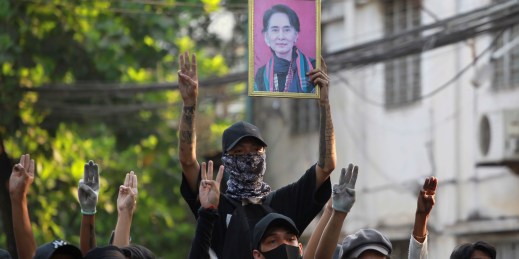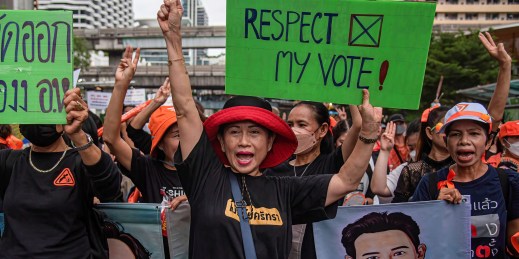
Four years after the Philippine government signed a peace accord with an Islamic militant group establishing an autonomous region in the country’s southern province, a tense encounter between the group and government forces has highlighted the fragility of the peace process leading up to the region’s first elections in 2025.



